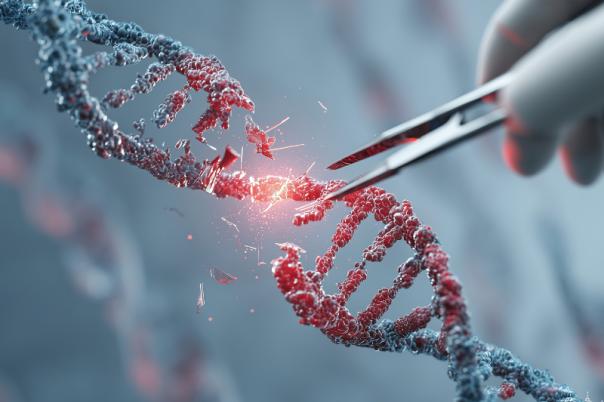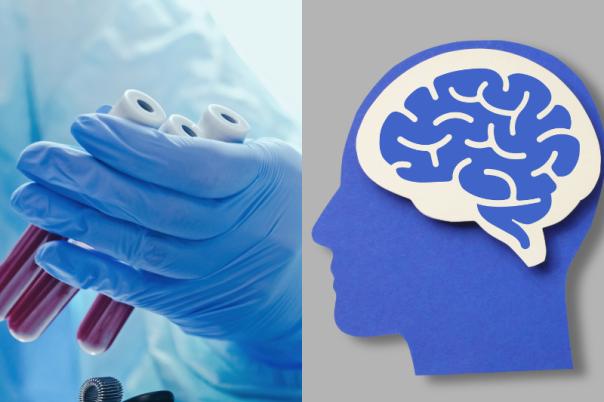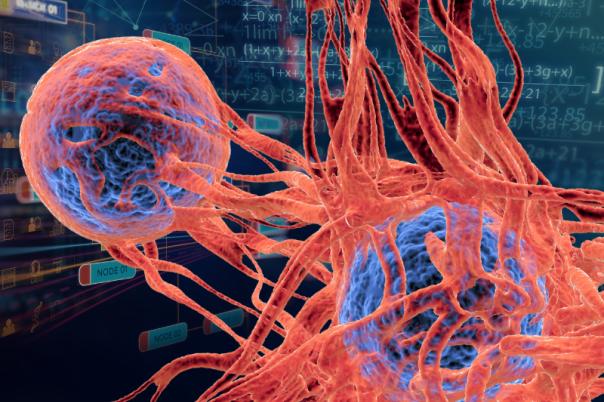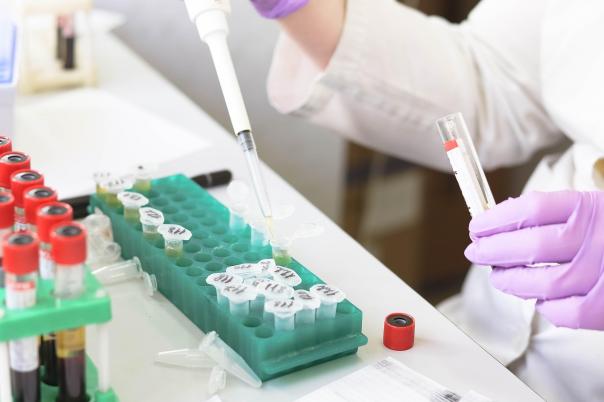Plexision secures $765K from the Richard King Mellon Foundation and Innovation works to predict transplant outcomes using AI. The funding will speed up the development of their AI-powered, cell-based blood tests that predict and prioritise multiple potential transplant outcomes for individual patients.
One of the main challenges associated with organ transplantation is finding the right balance of immunosuppressive drugs. Too little medication could lead to organ rejection, while too much can expose patients to serious infections and cancers.
Current diagnostics typically provide only yes-or-no answers, which forces clinicians to piece together various data to make treatment decisions. Plexision, a Pittsburgh-based biotech firm, aims to rewrite this narrative.
Dr. Rakesh Sindhi, a transplant surgeon and Founder of Plexision, stated: “The primary challenge we’re solving is providing the right amount of medication that prevents rejection without causing life-threatening infections and malignancies. This requires predicting the most likely type of rejection or infection for each patient at any given time.”
Plexision’s platform uses a specific immunological marker, CD40 ligand (CD154), to assess immune cell activity and interactions essential for coordinating immune defence and antibody production. CD154 enables cell-to-cell communication to enact levels of protection, such as antibody production. Plexision’s approach helps them stand out from competitors such as Eurofins, Thermo Fisher, and CareDx, whose platforms depend on cell-free DNA or antibody protection.
Plexision’s assays deliver results within 6 – 30 hours from blood samples. Therefore, it gives clinicians a quick and consistent way to assess immune status. By using AI/ML, the technology moves beyond simple yes/no results.
Instead, clinicians receive ranked predictions of several possible outcomes for each patient, including stable graft function, T-cell-mediated rejection, and risks of infections like cytomegalovirus (CMV) that could lead to post-transplant lymphoma.
Plexision seeks to expand its AI-powered diagnostic platform to transplant centres internationally and share upcoming clinical data at the World Transplant Congress 2025 in San Francisco. The company is also developing custom research projects that integrate cellular biomarkers with the development of drugs and gene therapies.








